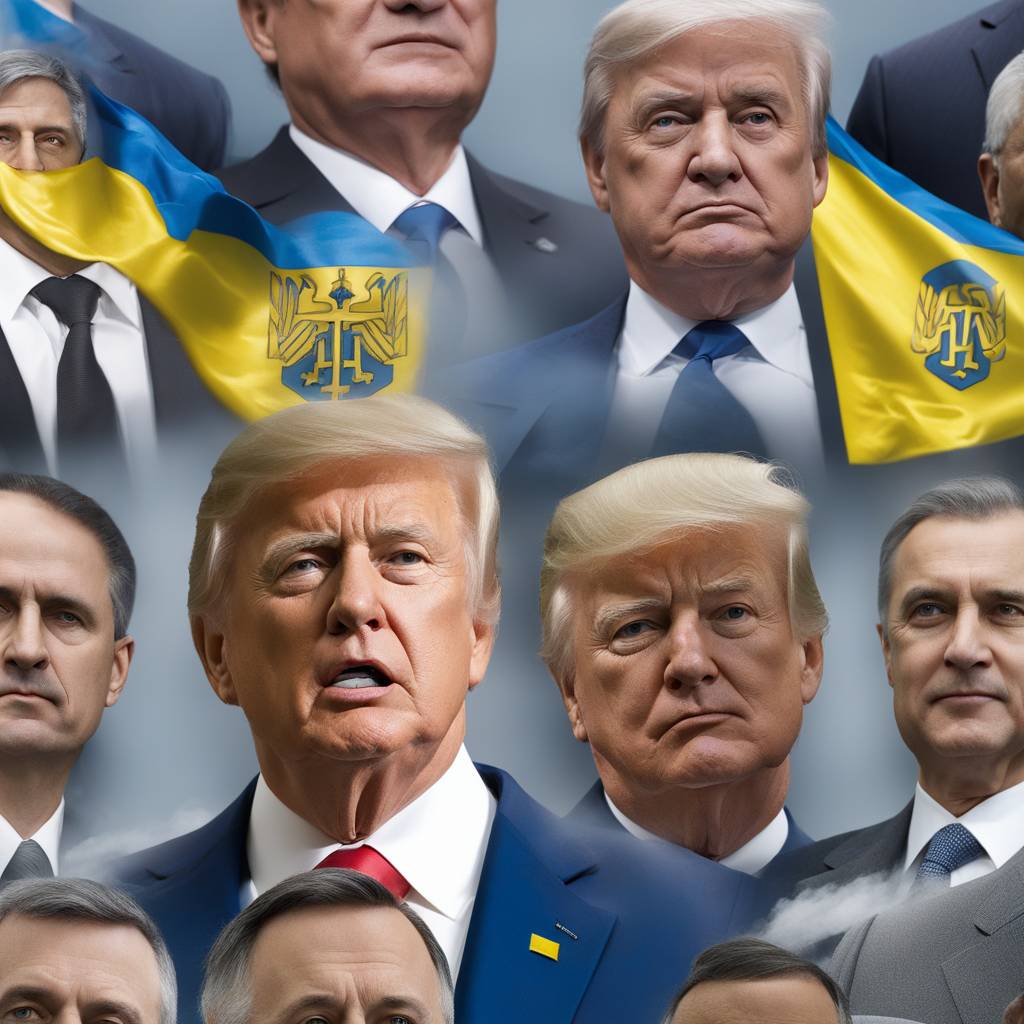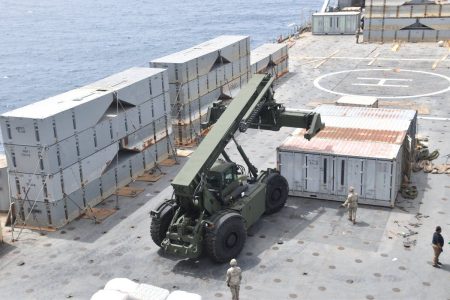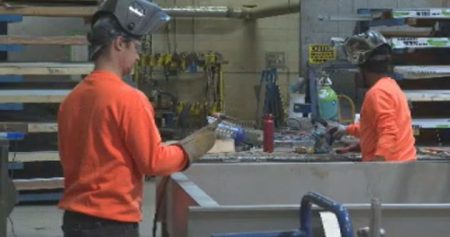Ukrainian President Volodymyr Zelenskyy recently called for continued efforts to address impunity for war crimes at a conference on justice and compensation in Ukraine. The conference brought together delegates from various countries to discuss how to bring justice to victims of Russia’s invasion of Ukraine, which has been ongoing for three years. The International Criminal Court has issued arrest warrants for Russian President Vladimir Putin and other high-ranking officials for their roles in the abduction of children from Ukraine and attacks on critical infrastructure.
Zelenskyy emphasized the need to restore peace quickly and hold those responsible for destroying peace accountable. Ukraine’s prosecutor general, Andriy Kostin, reported that his country has identified 551 war crimes suspects, indicted 374, and prosecuted 104 individuals. The launch of the Register of Damage Caused by the Aggression of the Russian Federation against Ukraine (RD4U) at the conference allows people to submit claims for compensation for damages, losses, or injuries resulting from the invasion. The register is a significant step towards establishing an international compensation mechanism.
Dutch Foreign Minister Hanke Bruins Slot highlighted the devastating impact of Russian attacks on Ukraine and stressed the importance of supporting the country to prevent the collapse of its justice system under the weight of atrocities. The Hague, known as the international city of peace and justice, plays a central role in holding individuals accountable and ending impunity for crimes in Ukraine. It is home to the International Criminal Court, the International Centre for the Prosecution of the Crime of Aggression against Ukraine, and has offered to host a special tribunal on the crime of aggression.
The conference focused on addressing the damage and destruction caused by Russia’s invasion, with a particular emphasis on claims related to residential property. Between 300,000 and 600,000 claims for compensation are expected, with plans to expand the register to include claims for damage to critical infrastructure in Ukraine. The RD4U, established by the Council of Europe, is a critical step towards achieving justice for victims of the conflict and ensuring that those responsible for war crimes are held accountable.
While the ICC is investigating crimes in Ukraine, it does not have jurisdiction to prosecute the crime of aggression in the conflict. The Hague is a vital hub for international efforts to bring accountability and end impunity for crimes committed in Ukraine. Zelenskyy’s call for continued efforts to tackle impunity for war crimes reflects the ongoing struggle to provide justice and security for the victims of Russia’s invasion and to prevent similar acts of aggression in the future. The conference serves as a platform for countries to come together and work towards ensuring that those who commit war crimes face trial and punishment for their actions.















